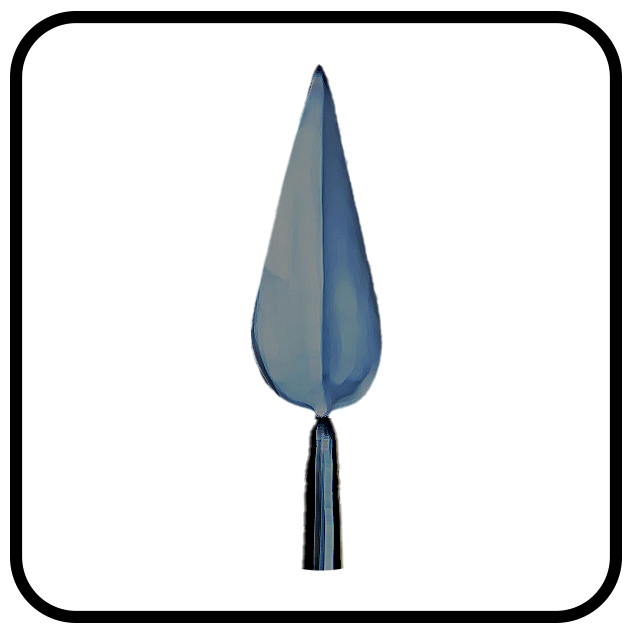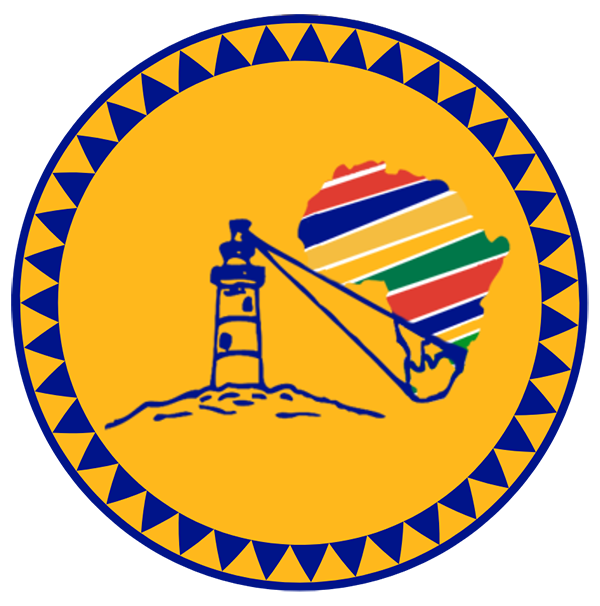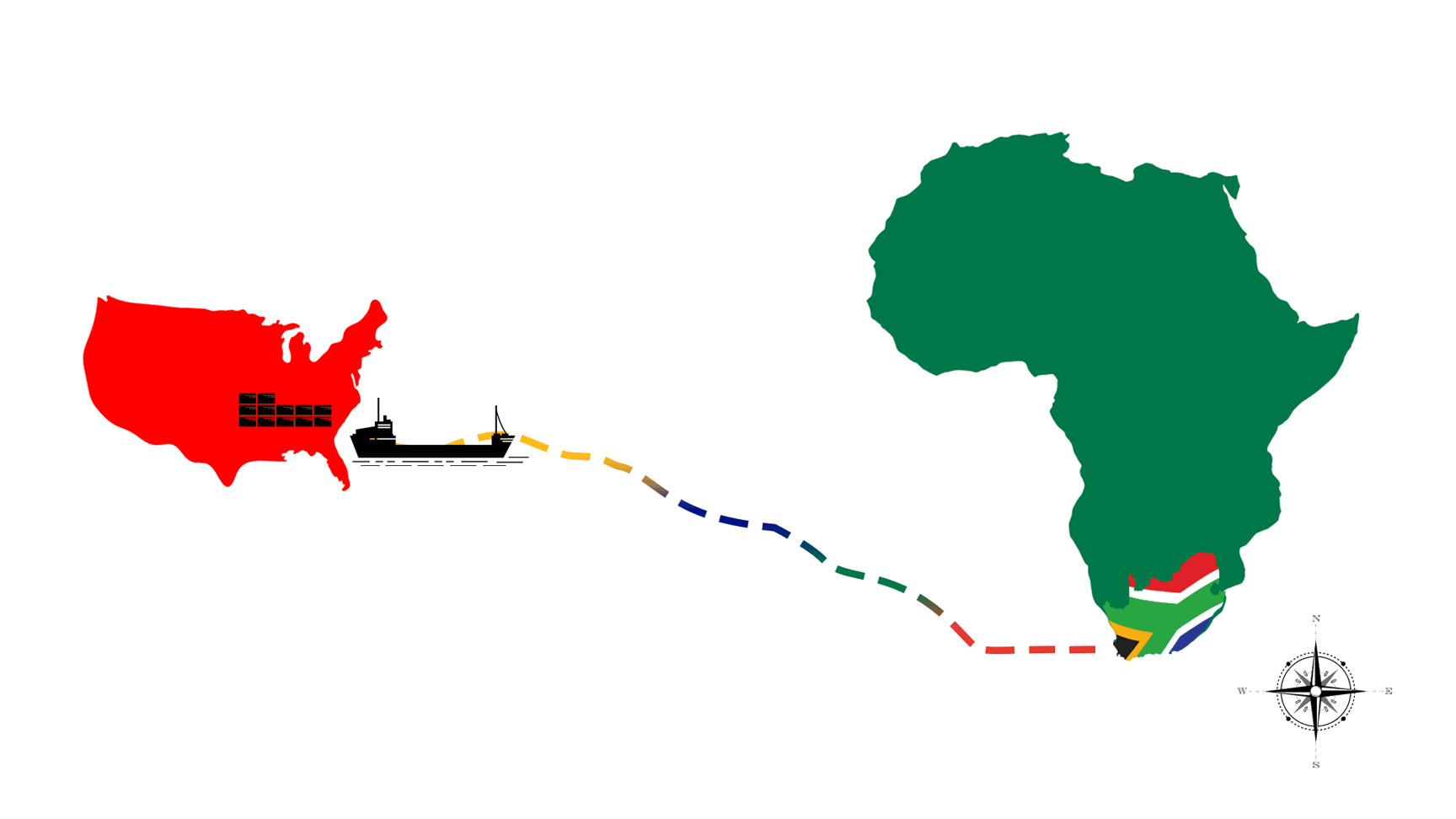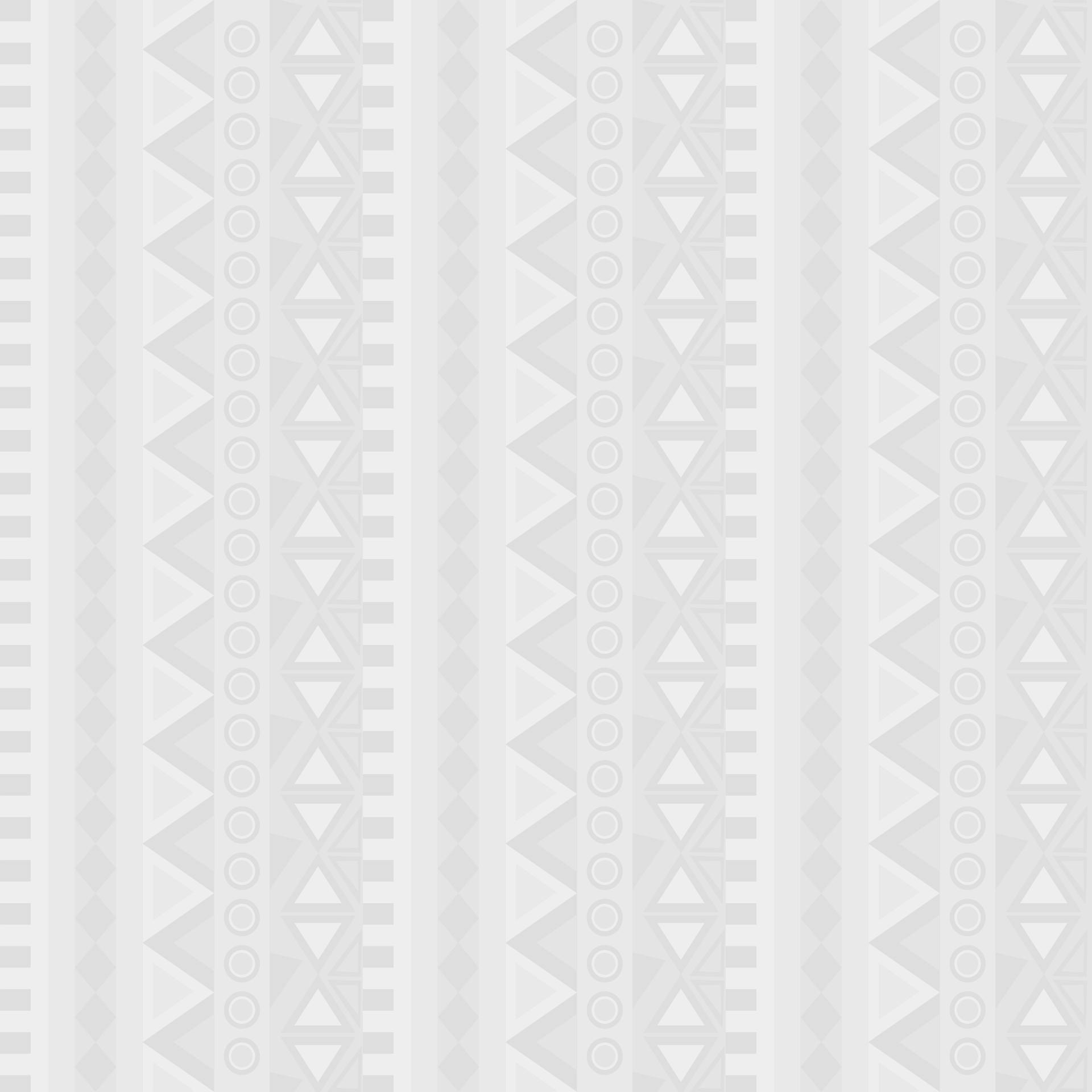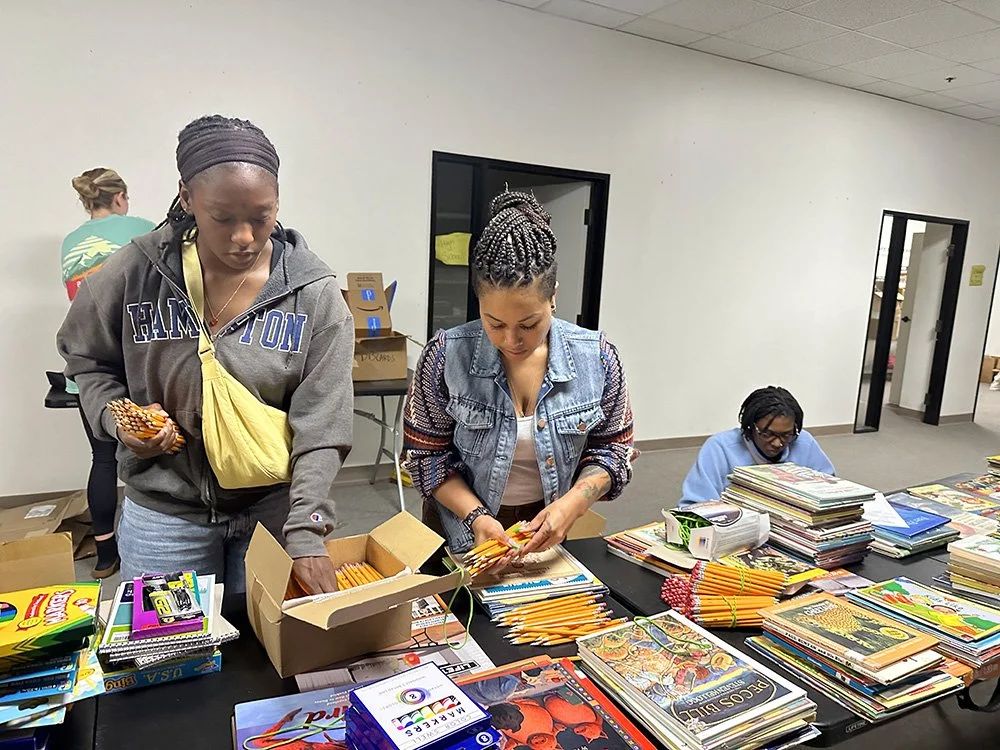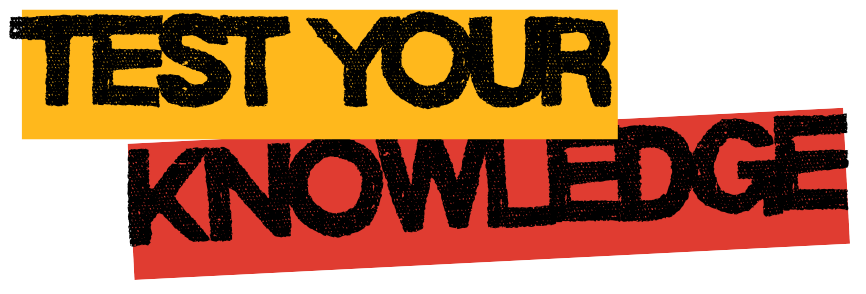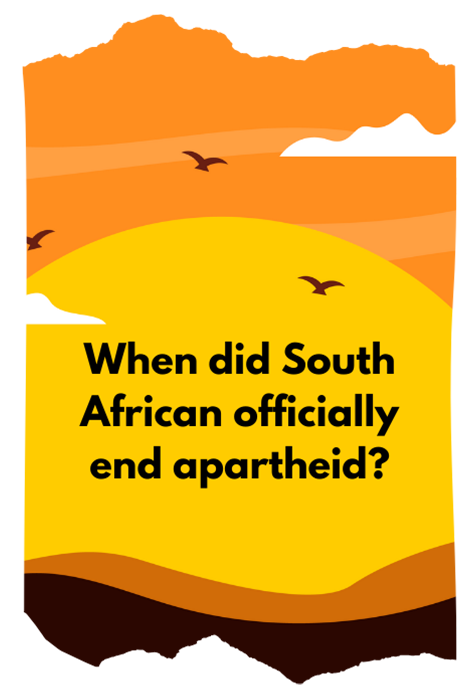Solidarity Campaign With Southern Africa
The Beginnings of the Solidarity Campaign
COSAS’ Solidarity Campaign, started in 2009, consists of filling requests for school supplies from South African members, many of whom are teachers and principals of low-income schools. COSAS organizes the direct shipment to these schools of urgent need.
This campaign involves hundreds of people both in the U.S. and South Africa who donate books, soccer balls, supplies, boxes, tape and transportation, etc. This campaign is not charity, but a demonstration of what working people can accomplish when we work together.
Challenges in the Education System
Currently, as the South African government struggles to break away from over 300 years of Bantu education and construct a modern education system for all South African children, many schools still lack the basic facilities such as running water, electricity and flush toilets. They are also contending with a tremendous need to train educators and a serious lack of materials including library books, sports equipment and other supplies.
16,648 out of the 22,511 public schools in South Africa have no libraries
18,551 have no laboratories
14,839 no computer centers
Self-help Mutual Benefit Committee
COSAS is building a Self-help Mutual Benefit Committee to organize volunteers in South Africa who learn how to mobilize collections to fill requests for electronic equipment and other supplies that COSAS can’t send through the shipment due to strict import laws.
Volunteers Urgently Needed
Volunteers are urgently needed to expand the Solidarity Campaign. Call today if you are interested in:
starting a collection of school supplies (1st to 12th grade) in your church, school, organization, business, community, etc.
volunteering on a sort and pack session to package the supplies
volunteering to pick up school supplies from supportive schools, businesses, churches or individuals
joining COSAS’ Self-help Mutual Benefit Committee
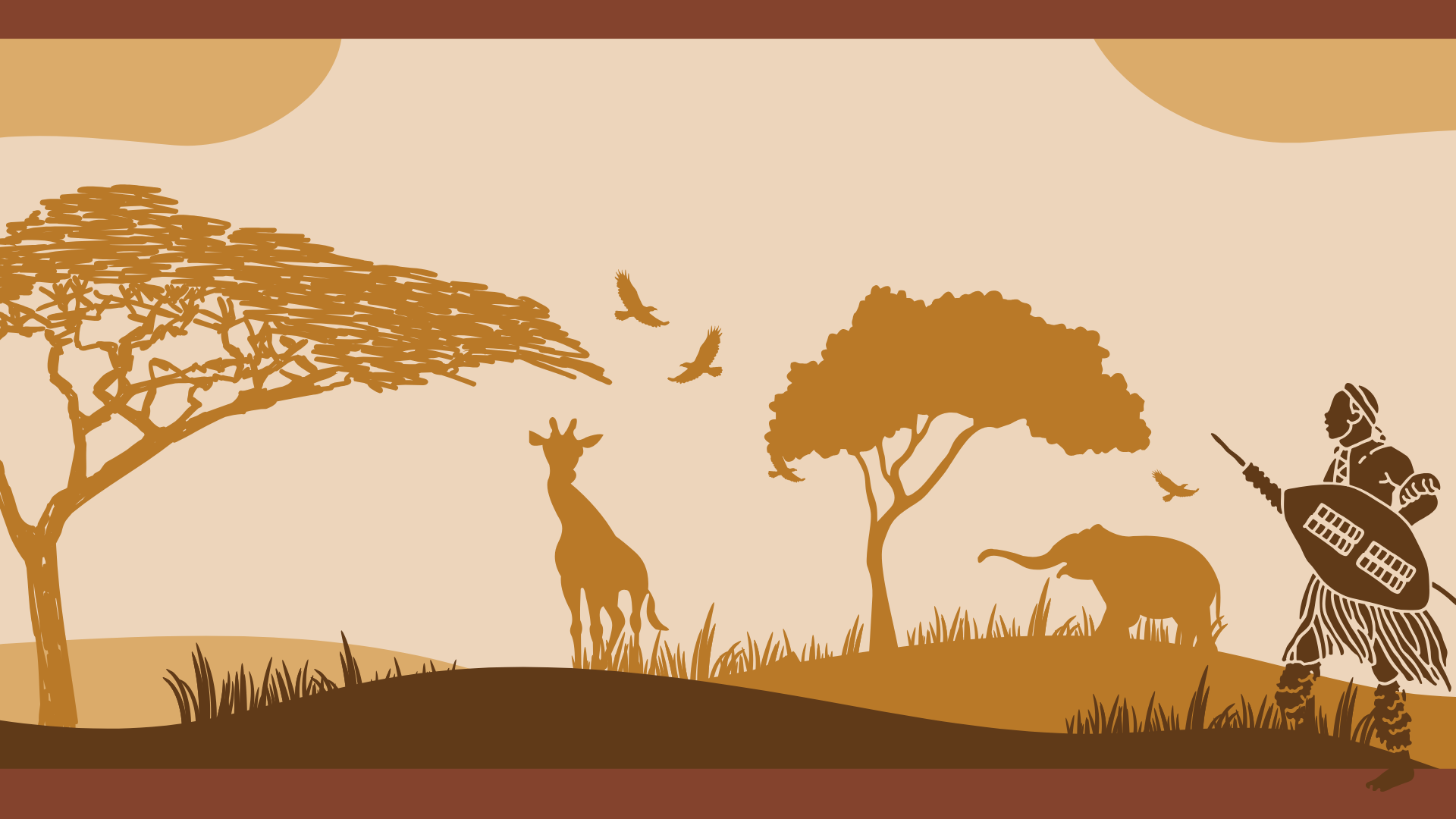
South Africa officially ended Apartheid in 1994. “Apartheid” means “separate” and pushed blacks into reservations called “Bantustans.” It was officially begun by the Afrikaans-government in 1948, but had long been practiced by the British while they controlled the country.
There are 12 official languages. English is the primary language of government affairs and commerce, but Zulu, Xhosa and Afrikaans are widely spoken. Multilingualism is very common.
